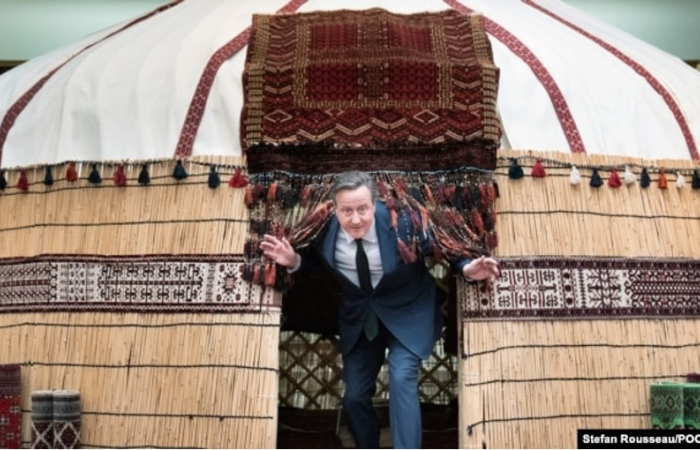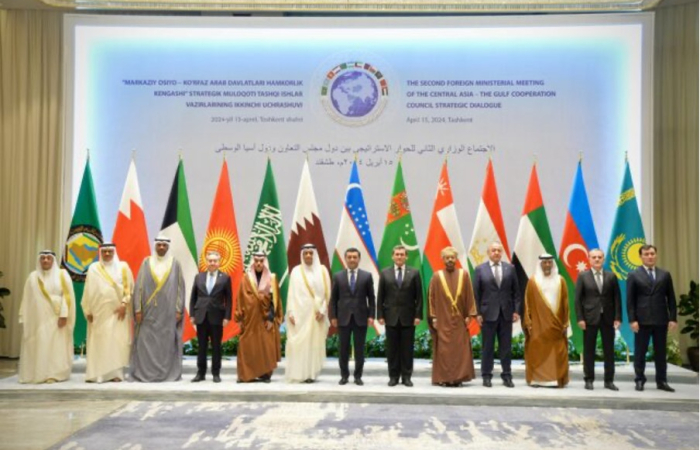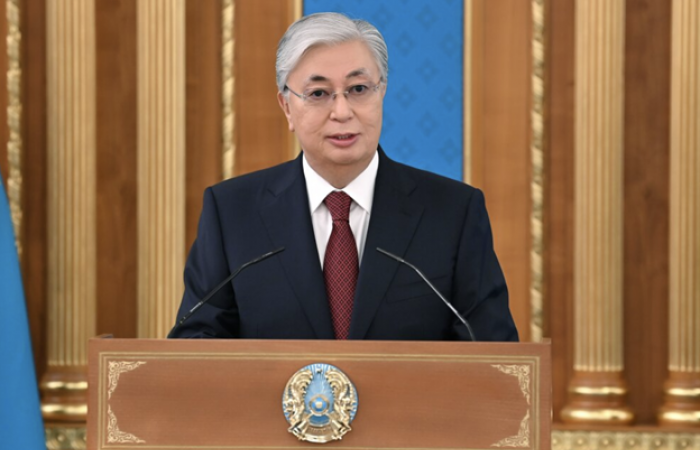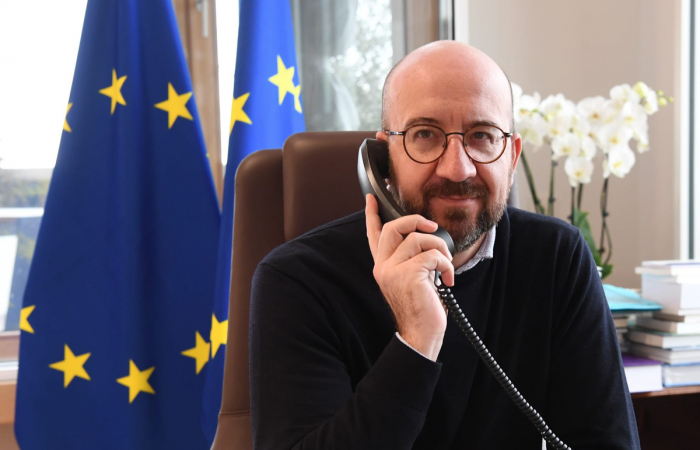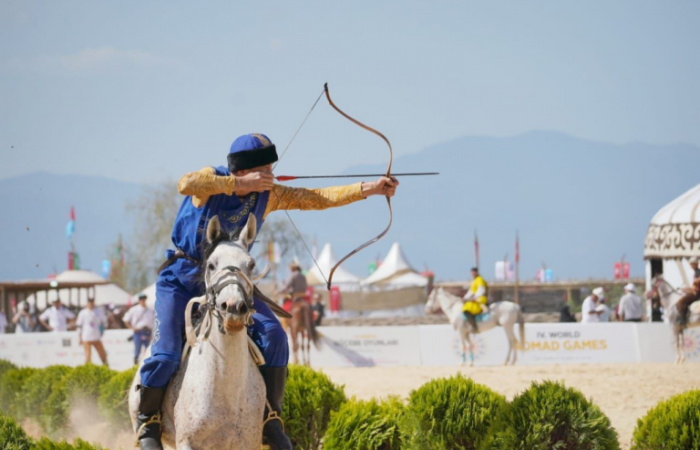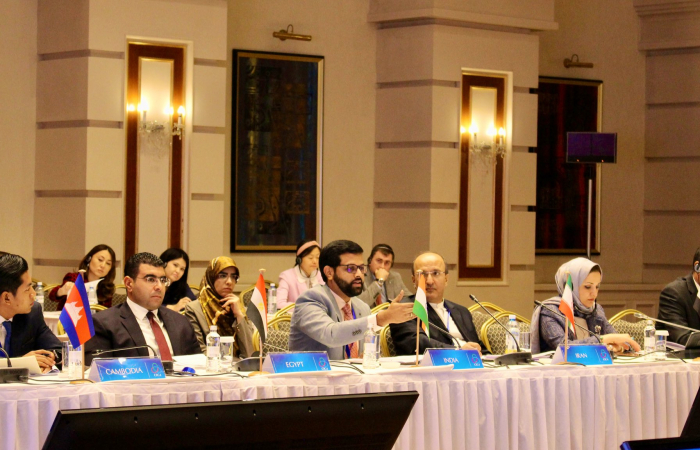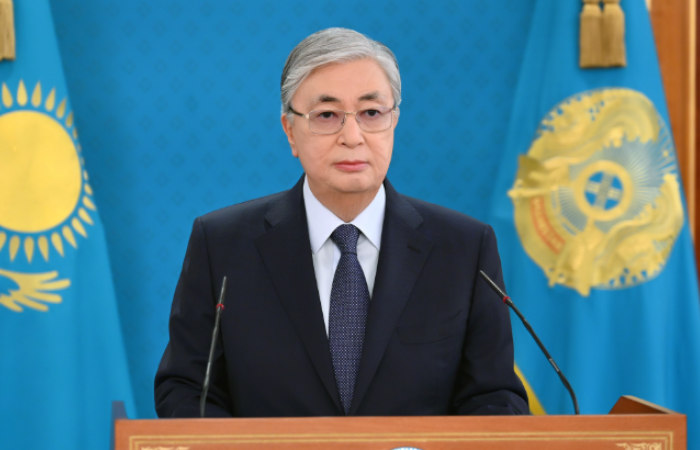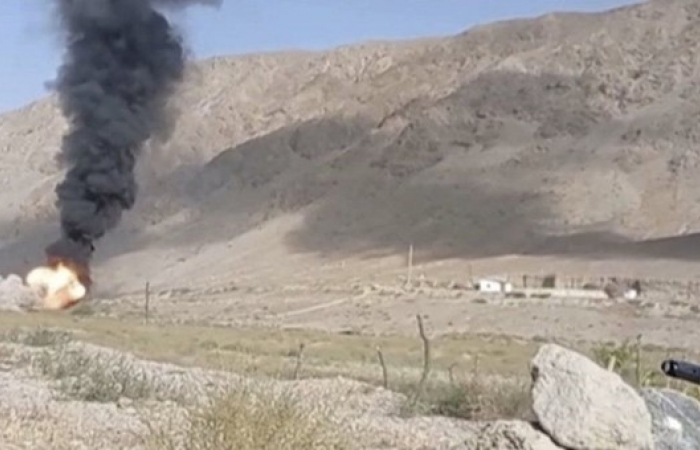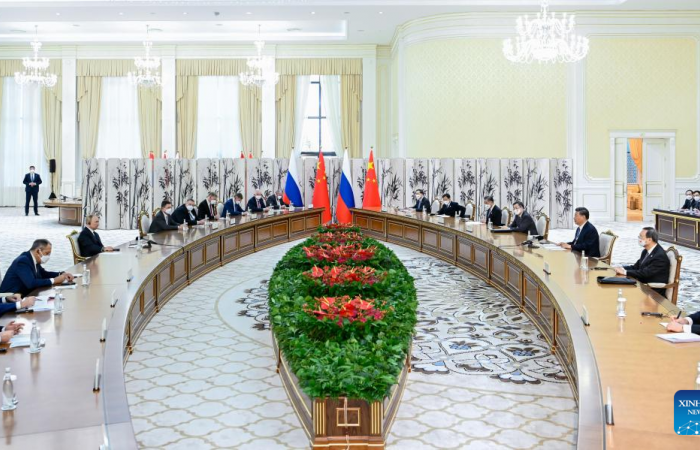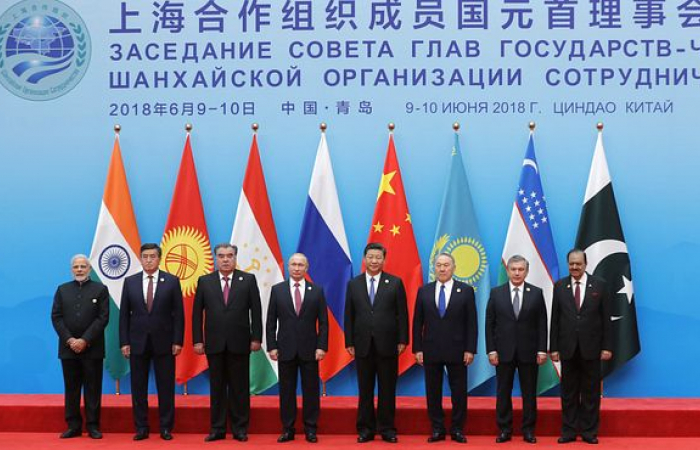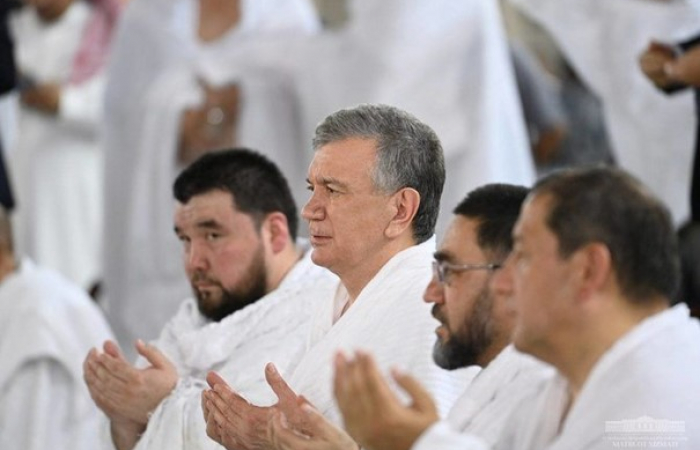Editor's choice
This is a members’ functionality. Please
Sign upNews
Trending
Xi sets the tone, and Putin answers questions
16 September 2022
Chinese President Xi chose Central Asia for his first foray overseas after a long hiatus due to the Covid pandemic, travelling to Kazakhstan, and then onwards to Samarkand to attend the meeting of the Shanghai Co-operation Organisation (SCO) and have various bilateral meetings.
Chinese protocol these days demand that all meetings with Xi are fully masked, and so attired delegations troded in to meet the Chinese leader: Azerbaijan President Ilham Aliyev was early in queue. There was Uzbekistan's president Miriyzoyev, who for good measure gave President Xi Uzbekistan's "Order of Friendship", and Belarus President Lukashenko.
But most interest was focused on when Putin's turn came. Increasingly the Russian leader is starting to look like the junior partner in the relationship with Xi. Certainly the official language was all proper and correct, but there was something in the body language that showed Putin's awkwardness at the new situation.Putin said Russia will consolidate and deepen bilateral and multilateral communication and collaboration with China, and expand cooperation in key areas such as economy, trade and energy.
“We highly value the balanced position of our Chinese friends when it comes to the Ukraine crisis,” Putin said in televised remarks to Xi. “We understand your questions and concern about this. During today’s meeting, we will, of course, explain our position.”
"Questions and concern" - not exactly enthusiastic support then by China for Putin's adventure in Ukraine.



